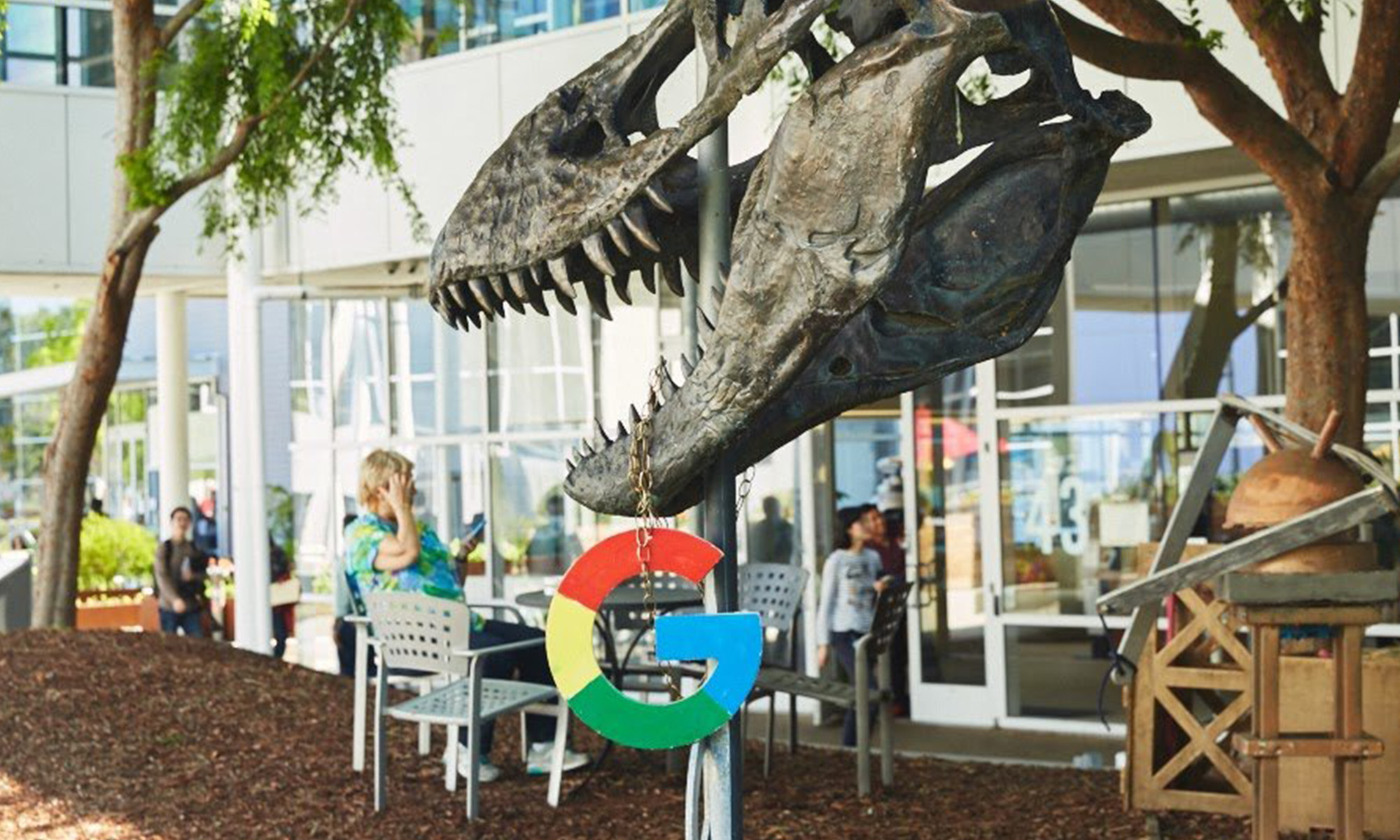
Investment
The Motley Fool
Is Alphabet's Stock Too Cheap to Ignore?
Why This Matters
It's been an interesting year for the "Magnificent Seven" stocks, a name given to Alphabet (GOOG -0. 42%) (GOOGL -0. 33%), Apple, Microsoft, Nvidia, Amazon, Meta Platforms, and Tesla because...
July 1, 2025
09:45 AM
4 min read
AI Enhanced
Negative
FinancialBooklet Analysis
AI-powered insights based on this specific article
Key Insights
- Earnings performance can signal broader sector health and future investment opportunities
Questions to Consider
- Could this earnings performance indicate broader sector trends or company-specific factors?
Stay Ahead of the Market
Get weekly insights into market shifts, investment opportunities, and financial analysis delivered to your inbox.
No spam, unsubscribe anytime